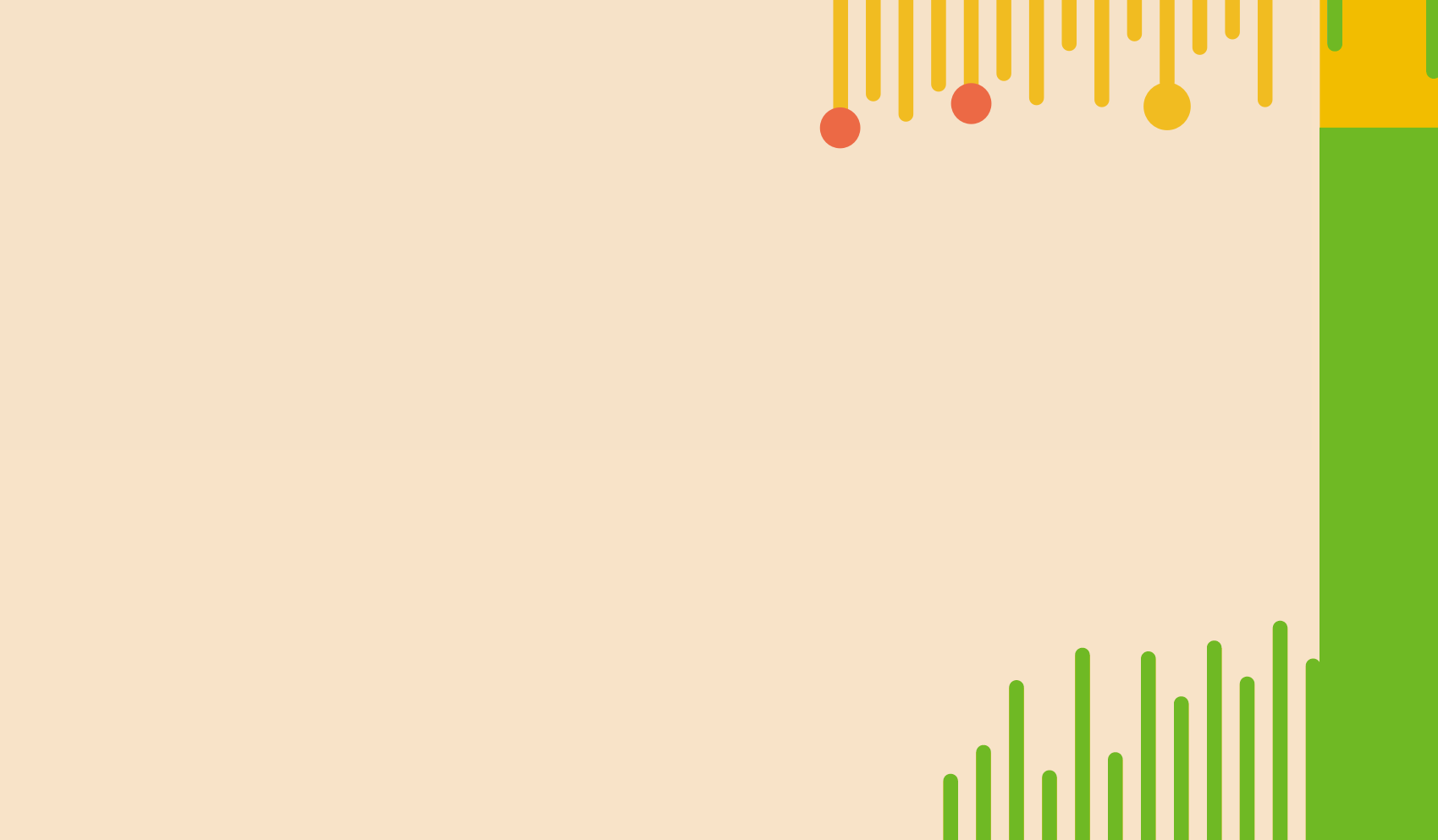BACK TO TOP

Innovations to change the world
As the world gathers to take action on food systems, 50 years of CGIAR research shows that science is key to achieving the future we want
How can food systems research help us achieve the future we want?
At the United Nations Food Systems Summit, plans for action are underway to transform our food systems and create a healthier, more equitable and sustainable world.
with 50 years of experience,
and the knowledge that
transformation comes
through innovation.

Continued support for food systems research is an urgent priority to meet the world’s greatest challenges.

Through research, we can change our food systems and change the world.

We can end hunger, as well as solve malnutrition and create a healthier world.
CGIAR’s original mission was to help put food on the table for a rapidly growing global population. Over the years, our work has contributed to lifting hundreds of millions out of poverty and hunger.
With the knowledge that quality is just as important as quantity, our focus has expanded to view food security as part of a bigger picture encompassing nutrition and other aspects of human, animal, and environmental health.


Innovation: IR64: the world’s ’mega’ rice
The rice mega variety IR64 is one of several improved varieties of staple crops developed by CGIAR and partners to feed the world. Within two decades of its release in 1985, the fast-growing, high-yielding, and resilient crop was cultivated on more than 10 million hectares, making a difference in the lives of millions of people worldwide.
As with all our varieties, the genetic material for IR64 is held in public trust for the global community, with an eye to its sustainable use and equitable sharing of benefits.


Innovation: High-iron pearl millet
Anemia and stunting are serious health concerns in India, especially for children under the age of five. Many rural families in western and central India live on pearl millet as an affordable staple, but struggle to get enough iron and zinc in their diets.
Biofortified varieties of pearl millet enhanced with iron density (at around 72 parts per million), and carrying increased zinc density as an associated trait, have been developed and promoted by CGIAR researchers and partners since 2008. For children, a serving of only 150 grams can meet daily dietary requirements for both iron and zinc, while for adults a serving of 250 grams meets 80% of the estimated average requirement of iron. Grown on more than 30,000 hectares of land, the varieties have already reached at least 125,000 households across India, and have scaled to reach an additional 25,000 to 30,000 farming households in West and Central Africa.
We can end
poverty, create
jobs, and achieve greater equality.
Food systems are the world’s largest employer, with opportunities to be found along the value chain – from how we grow and catch food to how we transport, process, trade, and consume it. Hundreds of millions of people have benefited from CGIAR’s innovations to reduce poverty, yet rural workers in food systems still make up most of the world’s poorest.
The opportunities are there – what we need to do is rethink the systems behind the food we eat, and how the benefits can be more equally shared.


Innovation: Affordable insurance for smallholder farmers and herders
Millions of smallholder farmers lack access to affordable insurance, and their farms are often too small and remote for insurers to verify claims. The result is high vulnerabililty to economic shocks from adverse weather, pests, and disease, all of which are expected to increase with global climate change.
CGIAR and partners have found some potential solutions through the innovative use of new technology. Picture-based insurance making use of geotagged smartphone photos, and index-based insurance combining mathematical modelling and satellite imagery of the effects of droughts and floods have helped provide a social safety net for vulnerable farmers and pastoralists. Targeted promotion has ensured that women and other marginalized groups are among almost half the beneficiaries to date.


Innovation: GEM: a safer, cleaner, parboiling technology for women
In West and Central Africa, parboiled rice is a cooking staple, and parboiling a significant source of livelihood for rural women. But the traditional parboiling process is laborious, unsafe, inefficient, and results in a poor-quality product, leaving local consumers to prefer imported brands of rice.
To improve work safety for women parboilers, and support better quality and marketability of their produce, CGIAR researchers designed a new technology known as GEM (Grain quality enhancer, Energy efficient, and durable Material). Two types have been adapted to cottage parboiling industries, one fueled by firewood and the other by rice husks, further saving resources. The technology enables a faster, cheaper, safer, less labor-intensive, and cleaner process, resulting in a better-quality product, as well as better working conditions and higher incomes for women.
We can design a more resilient and sustainable future.
Food systems are a major contributor to climate change, and are also deeply affected by it. Agriculture and other land-based industries are responsible for up to 30% of greenhouse gas emissions globally, while also bearing the increased risk of drought, floods, pests, and diseases brought by climate change.
The global disruptions caused by COVID-19 could prove a precursor to food systems shocks under the climate crisis. We now have the opportunity to ‘build back better’ by leveraging science to transform the food, land, and water systems on which we all depend.
CGIAR innovations continue to reinvent our food systems to help us adapt to a changing climate, preserve environmental health and biodiversity, and design a more sustainable and resilient future for all.


Innovation: Zero tillage to reduce air pollution in India
In Northern India, agricultural burning between rice harvest and wheat planting produces a toxic haze that threatens human health and contributes to climate change. CGIAR and partners have developed a ‘zero tillage’ alternative, through the use of innovative machinery and attachments that can sow wheat directly into unplowed paddies and leftover rice stalks, eliminating the need for clearing between crops.
The method has been shown to cut farm-related greenhouse gas emissions by more than 75% and has brought farmers profits of $130 million. CGIAR research has further influenced government subsidies and policies to help make the technology available to all, and build local business.


Innovation: Seeds for Needs: citizen science and crowdsourcing
Under threat of extreme and unpredictable weather events brought by climate change, diversification of crops and varieties can give farmers more options, increasing their resilience. However, farmers – and especially smallholders – often do not have access to information or planting material that could help them prepare for and manage climate shocks.
Through an initiative called Seeds for Needs, CGIAR and partners have opened this access to smallholders, while also involving them as citizen scientists who can provide critical feedback on which seeds best suit their needs. Findings are gathered through a crowdsourcing approach, informing national and non-governmental agricultural research. Started in Ethiopia in 2009, Seeds for Needs is now active in 14 countries across Africa, Asia, and Central and South America.


Innovation: Fertilizer microdosing
In sub-Saharan Africa, high land degradation affects an estimated 180 million people, incurring economic losses of around $68 billion a year. Unless nutrients are replaced, soils become depleted and can negatively impact crop quality and yield. For smallholder farmers living and working on degraded land, investment in soil nutrients can be a big economic risk with no guaranteed return on investment.
Fertilizer microdosing, an innovative technique developed by CGIAR and partners, offers a solution. Research found that a small “three-finger pinch” of fertilizer applied to the seed planting hole at sowing, or at the base of the plants two weeks after planting, helps roots grow out quickly, which in turn helps plants capture more of the native nutrients in soil, and avoid the effects of late-season drought and climate variability. This means farmers can spend less and use less fertilizer, while still replenishing degraded soils and ensuring high yields. Results have shown that a well-timed, well-placed pinch can increase crop yields from 43% to as much as 120%, boosting smallholder livelihoods.

![]()




